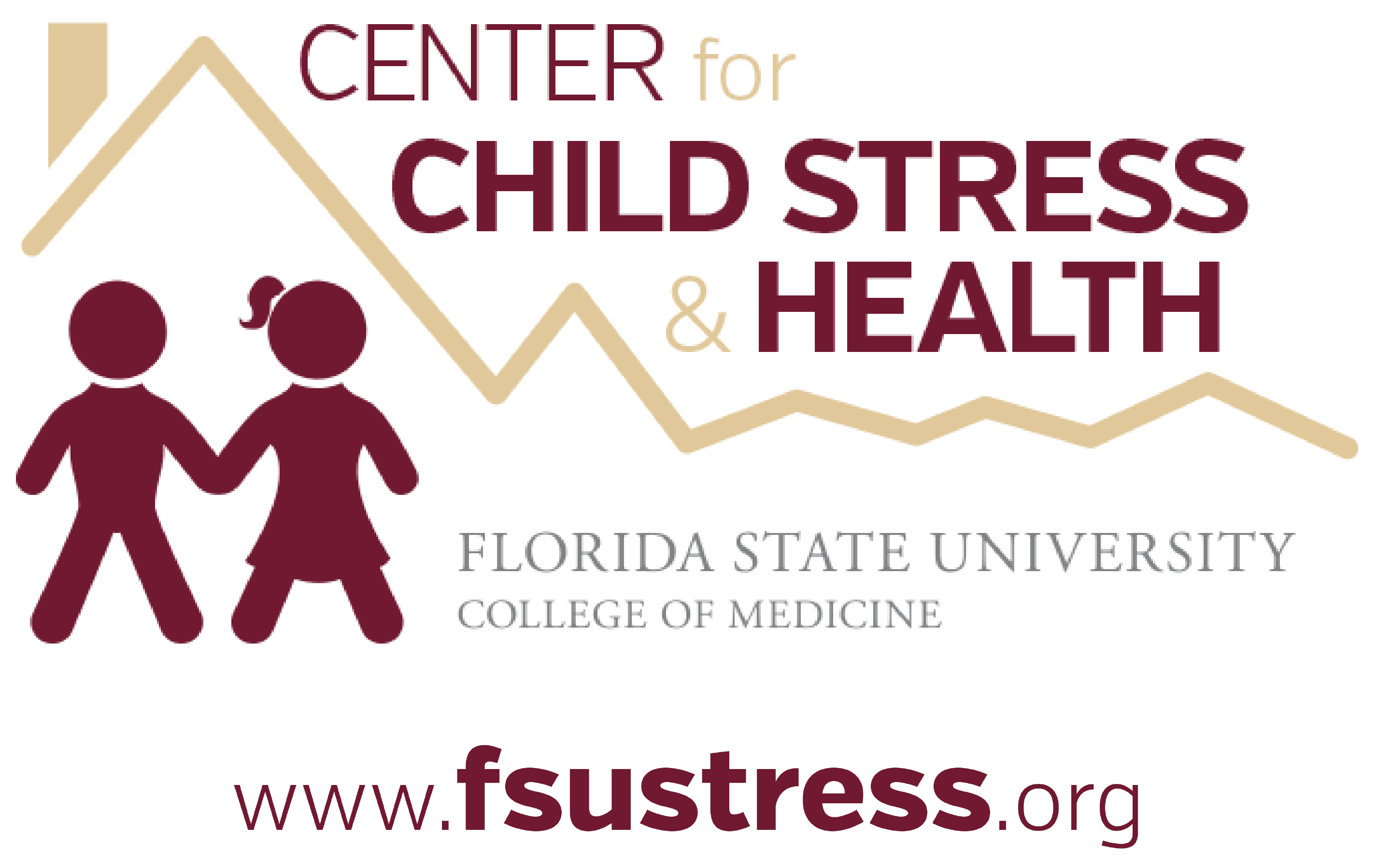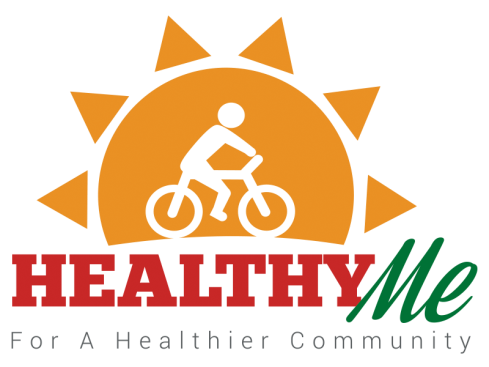Research

The Center for Child Stress & Health is a SAMHSA National Child Traumatic Stress Initiative (NCTSI) Category II, Treatment and Service Adaptation Center.
The Mission of the Center for Child Stress & Health is to serve as an integrated care resource center for patients, families and healthcare providers of children exposed to toxic stress, especially children living in rural and medically underserved communities.
For more information visit our website at:
www.fsustress.org
HealthyMe Florida: In the last three decades childhood obesity has increased markedly with serious health consequences ranging from cardiovascular disease to endocrine system and mental health problems. Studies have highlighted that the rates of obesity are rising faster in rural communities. The Healthy Me research project is a response to the growing epidemic and it specifically aims to address obesity and overweight among adolescents in rural parts of the state of Florida.
Healthy Me provides a set of behavioral interventions, or tools, that can be used to engage adolescents in positive health behaviors specifically aimed at addressing or preventing obesity. These are practical tools to help incorporate behavior change concepts into healthcare settings, such as office practice, or in other settings where adolescent health is addressed (i.e., school health settings, etc.). The tools/interventions are based on the Transtheoretical Model of Behavior Change, which construes change as a process that unfolds over time and involves progress through a series of stages. Healthy Me provides several interventions that can be implemented at each stage according to the adolescent’s level of readiness for change.
Publications by FSUCOM Faculty
Rosado, J.I., Johnson, S.B., Braña-López, A.F., Farias, G., Reyes, E. (under review). Provider attention to weight of pediatric Latino patients: Tools for improved communication. PLAID, 1(1).
Rosado, J.I., Pfeiffer, S.I., & Petscher, Y. (2015). Identifying gifted students in Puerto Rico: Validation of a Spanish translation of the Gifted Rating Scales. Gifted Education International, 21(5).
Rosado, J.I., Johnson, S.B., McGinnity, K.A., & Cuevas, J.P. (2013). Obesity among Latino children within a migrant farm worker community. American Journal of Preventive Medicine, 44(3S3): S274-S281.
Rosado, J.I. (2011). Research Brief: Paying attention to children’s weight in pediatric primary care. San Antonio, TX: Salud America Program, Robert Wood Johnson Foundation. http://www.salud-america.org/sites/www.salud-america.org/files/upload/Rosado.pdf
Li, H., Pfeiffer, S.I., Kumtepe, A.T., Lee, D., Kamata, A., Rosado, J. (2009). Measurement Invariance of the Gifted Rating Scales – School Form Across Five Cultural Groups. School Psychology Quarterly, 24(3).
Rosado, J., Pfeiffer, S. I., & Petscher, Y. (2008). The Reliability and Validity of a Spanish Translated Version of the Gifted Rating Scales. Gifted & Talented International Journal, 23, 102-111.
Pfeiffer, S. I., Kumtepe, A. T., & Rosado, J. (2006). Gifted identification: Measuring change in a student’s profile of abilities using the Gifted Rating Scales. The School Psychologist, 60(3).


